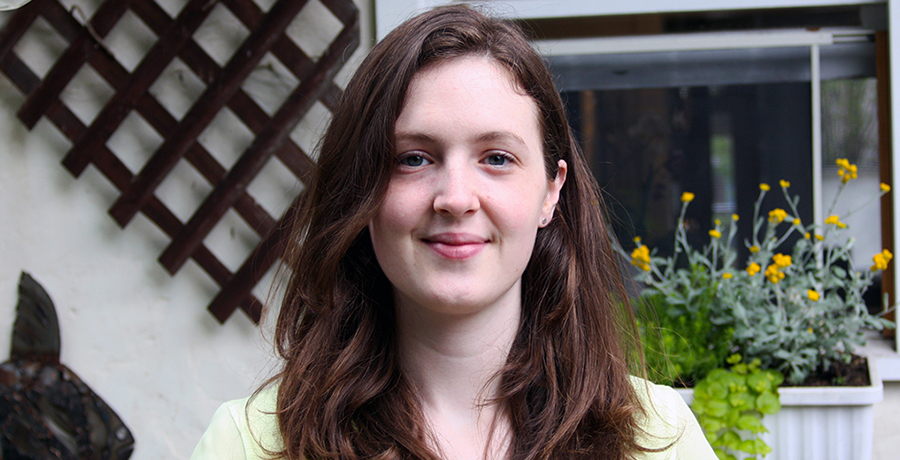Never one to shy away from a challenge, Kara Haggerty Wilson, AIA, NCARB, earned her license just two years after graduating from Drexel University. We caught up with the Philadelphia architect to chat about finding a supportive mentor, the importance of continuing education, and how she powered through the ARE in one year.
What do you love about architecture?
I love creating something that helps clients achieve their goals. It's great to get positive feedback about the successful points of a project or design. Most of all, I love the problem-solving aspect of architecture—it's never ending and full of possibilities for creativity.
How does having a license distinguish you from other design professionals?
Having a license signifies that I am committed to providing professional services of a certain level of standards and ethics. At the end of the day, this distinction is a benefit to both the client and the communities in which we work.
You completed the ARE in just one year. Tell us about your study strategy.
I consciously decided to take a one-year break after graduating from college before starting the exam process, but once I started, I did not stop. I reviewed the content in each NCARB exam guide and decided which order I thought would work best for me—taking what I considered to be the easier exams first to ease myself into the process. I used two different study guides, reviewed vignette strategies on a web forum, and studied wherever and whenever I had a free moment. I took my final exam just about a year to the day after I had taken my first, and became a first-time homeowner the very next day. Needless to say, it was a busy year!
Speaking of exams, you recently became a Certified Passive House Designer. Why is continuing education such a critical aspect of architecture?
Continuing education is critical for me. I don't feel as though architects can sit idle when other industries are constantly evolving. Through my work experience, it’s become clear that if I want to be a successful architect, I'll need to establish a broad range of knowledge that extends beyond what school prepared me for. Continuing education should also be about finding niches that interest you and expanding on them. I decided to learn more about Passive House because of my interest in building science, which along with occupant comfort, is at the core of Passive House design and construction standards.
Do you have any tips for finding a supportive mentor?
There is a wealth of knowledge to be learned from our more experienced colleagues. I suggest reaching out to your local AIA chapter as a good first step.
If you could give your 18-year-old self one piece of career advice, what would it be?
Set goals: short-term, long-term, specific and very general, realistic and far-fetched—there's no harm in being ambitious when planning your career.
